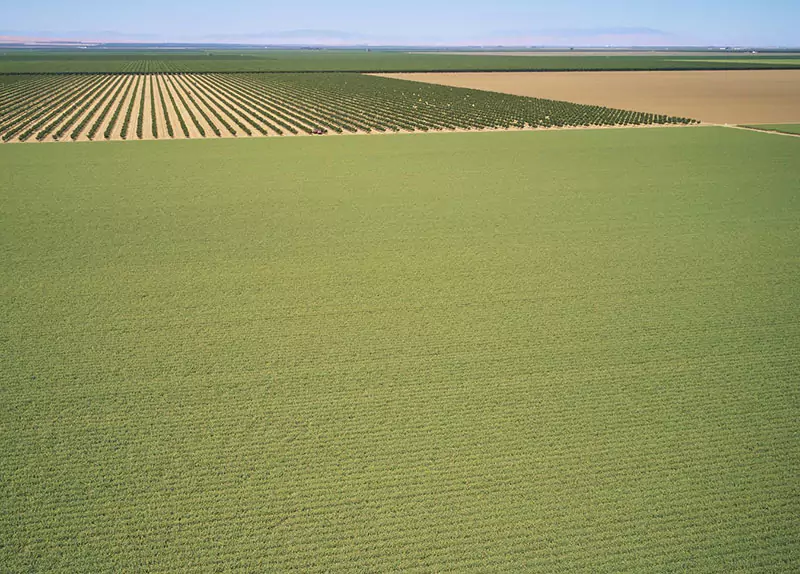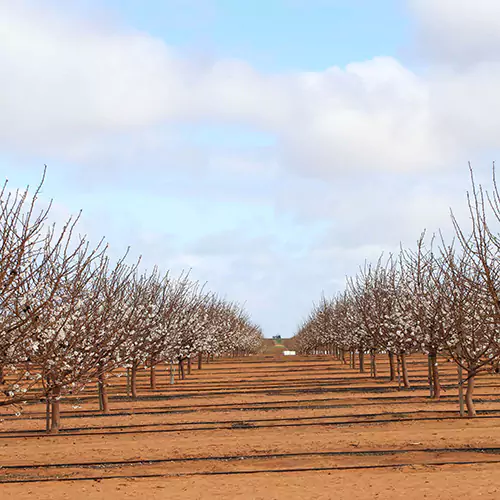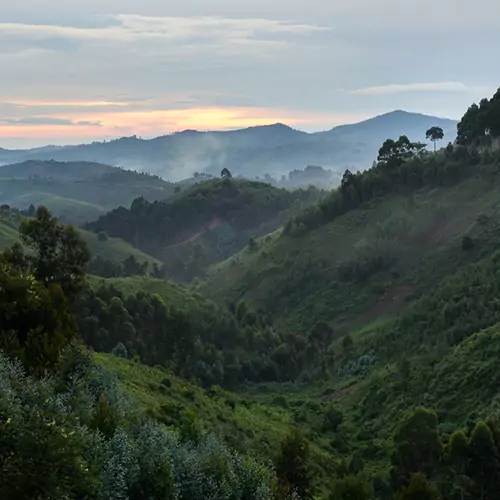Climate change poses an urgent threat to our world and to the livelihoods of farmers. Global food production accounts for significant levels of manmade greenhouse gas emissions that contribute to climate change. Whenever forest is cleared to plant crops, carbon-intensive fertilizers are used, or food is transported over land and sea, more emissions are released into the atmosphere.
UN Sustainable Development Goals 13 is all about taking action on climate change. It urges the global community to reduce, mitigate and adapt to the impact of climate change. From introducing Climate-Smart Agricultural Practices and supporting carbon sequestration, to regenerating landscapes and minimizing emissions from processing and transporting goods.
Our initiatives to combat climate change include:
Participation in both ofi and sector programs to build smallholder farmer resilience through Climate-Smart Agricultural Practices
Regenerating landscapes with the aim of net positive carbon impact
Monitoring and prohibiting conversion or degradation of critical habitats
Minimizing emissions from farming, processing and transport
Public commitment and reporting via the Science Based Target Initiative and CDP
These are the sector initiatives in which we participate to scale our impact:
Goals and Progress
We report on the goals and targets in the Natural Capital section of our 2020 Annual Report. Updates include:
Progress on our Scope 1, 2 and 3 emissions and Science-Based Target implementation pathways
How AtSource provides sophisticated carbon and water footprinting and transformational program opportunities for customers to take action with us
How we use our Forest Loss Risk Index and Olam Farmer Information System (OFIS) to assess risk and tailor sustainable farm management plans for smallholders
How our cocoa team is pioneering Natural Capital accounting with support from the Finance for Sustainability team
Monitoring through AtSource+
AtSource+ allows customers to calculate their total carbon footprint by measuring 28 different metrics across the supply chain, from the farm through to processing and final delivery. We measure the carbon emissions associated with factors like land-use change, fertilizer, electricity and machinery use, and transportation, as well as how much carbon is sequestered in soil and trees.
The metrics we track include:
- Soil and tree carbon sequestration:
- Tracking the carbon emissions (tonnes CO₂-e) that are sequestered in the farmer groups’ soil and biomass.
- Impact of land-use change:
- Tracking carbon emissions (tonnes CO₂-e) related to deforestation over a 20-year period.
- Impact of pesticides and fertilizers:
- Tracking the carbon emissions (tonnes CO₂-e) related to energy consumed when producing and applying pesticides and fertilizers to land
- Impact of irrigation:
- Tracking the carbon emissions (tonnes CO₂-e) related to infrastructure and machinery used to deliver water to crops, and water consumed to irrigate
- Impact of processing:
Providing a transparent view of carbon emissions (tonnes CO₂-e) across energy expended to process goods
- Carbon emissions (tonnes CO₂-e):
For delivering from processing to port or delivering from any place to the destination by ground transport
Read ofi news
FMO – the Dutch Entrepreneurial Development Bank - spoke to Piet van Asten, Head of Sustainable Production Systems at ofi, to discuss our decarbonization approach, achievements, and ambitions.
Equally, as with some other supply chains in emerging markets, low incomes among smallholder coffee growers can mean that they encroach into forest to grow more coffee to increase yields.
Forests are vital to sustainable cocoa production. Not only do they help to improve biodiversity and mitigate against climate change, they also help to improve cocoa yields and raise farmer incomes. By improving tree cover, cocoa farmers can increase the yields and life expectancy of their cocoa trees and generate additional income from more diverse crops.
Olam Spices’ dried onion program has been in operation since 1943. Our agricultural team has unparalleled expertise in the industry, boasting a combined 470 years of experience overseeing all aspects of seed breeding, planting, cultivation and harvest.
- Transparency in Coverage
- Modern Slavery Statement
- CA Supply Chain Transparency Act
- Transparency in Coverage
- Modern Slavery Statement
- CA Supply Chain Transparency Act
Copyright © 2022
Olam International Limited. All Rights Reserved. Co Reg No: 199504676H






